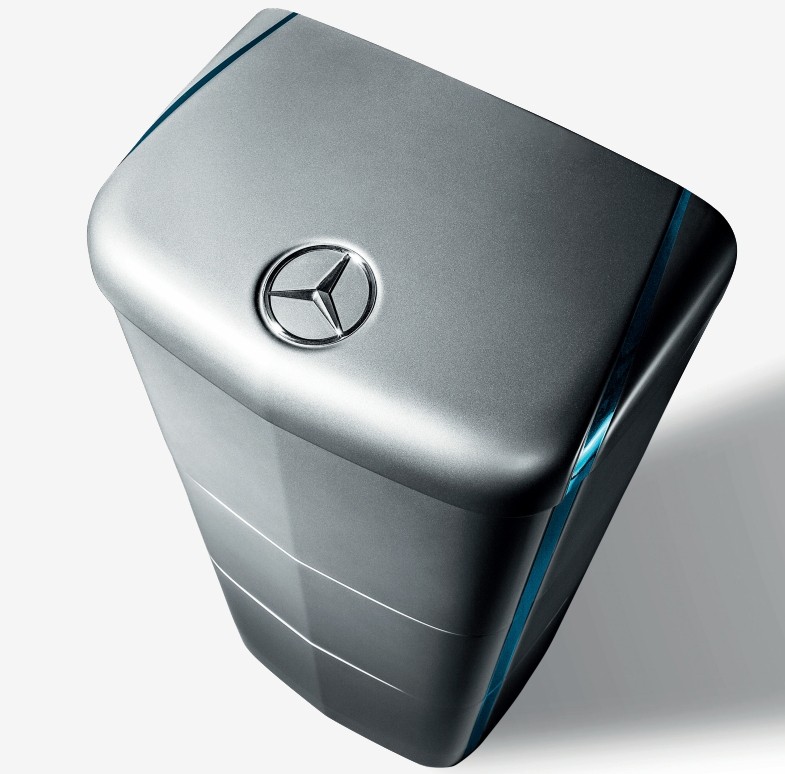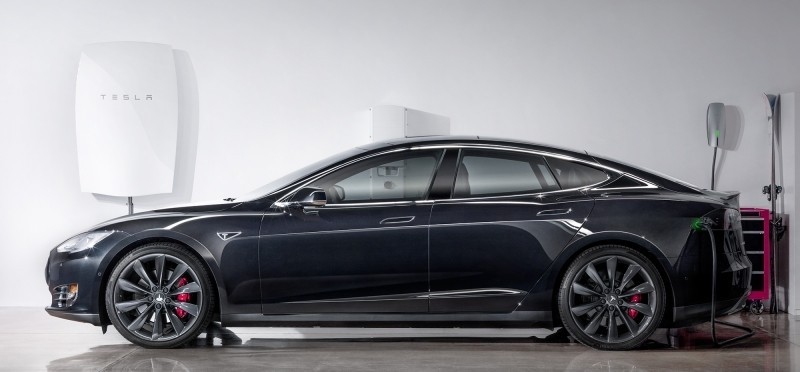
Tesla isn’t the only automaker interested in outfitting your home with giant battery packs. German-based Daimler – of which Mercedes-Benz is a division of – is now accepting pre-registrations for a home battery system that operates on the same general concept as Tesla’s Powerwall.
Mirroring Tesla, Daimler said the batteries that’ll power its Mercedes-Benz energy storage units were originally designed to power electric vehicles. And much like Tesla, customers can use them to store solar energy and draw power from the grid during off-peak hours when energy costs are cheaper.
Where the Mercedes-Benz solution differs, however, is in the fact that it is modular.

The system will accept up to eight 2.5kWh battery modules for a total capacity of 20kWh. Tesla, meanwhile, only offers two configurations for home use: a 7kWh system priced at $3,000 and a 10kWh variant that’ll set you back $3,500 (plus installation costs). Daimler will also offer an industrial version of its system like Tesla does with its Powerpack although it hasn’t yet revealed how much either system will sell for.
Tesla has already dispelled any notion that such a system wouldn’t generate interest among consumers. CEO Elon Musk said that in the week following its announcement, more than 38,000 customers reserved a Powerwall for their homes. The company also received 2,800 reservations for the industrial Powerpack. These pre-orders alone were enough to push production back until mid-2016.
Daimler said it plans to formally present the Mercedes-Benz energy storage plants for private and industrial use at the Intersolar trade-fair in Munich, Germany, on June 10.
https://www.techspot.com/news/60939-mercedes-benz-compete-tesla-home-battery-market.html